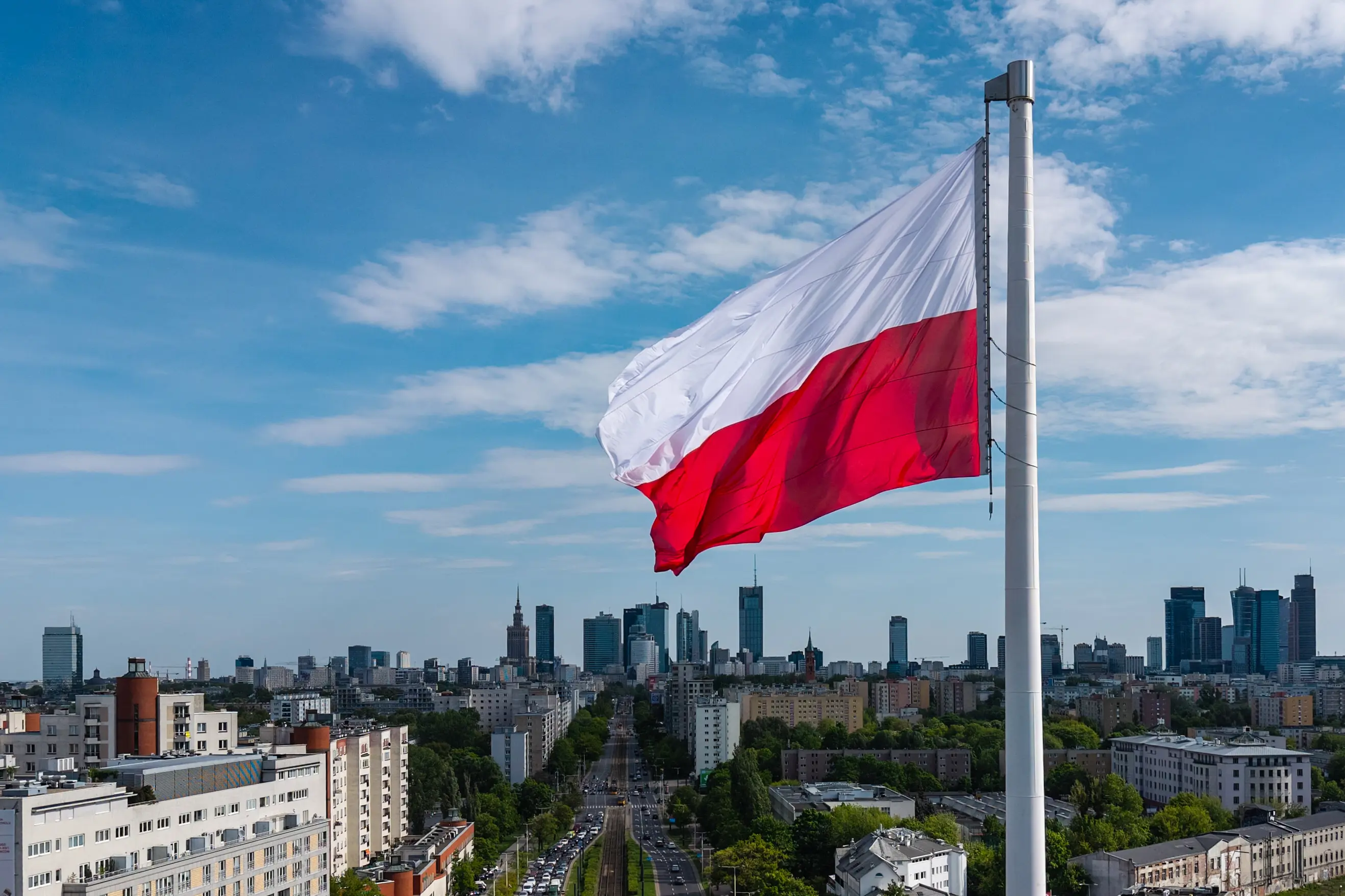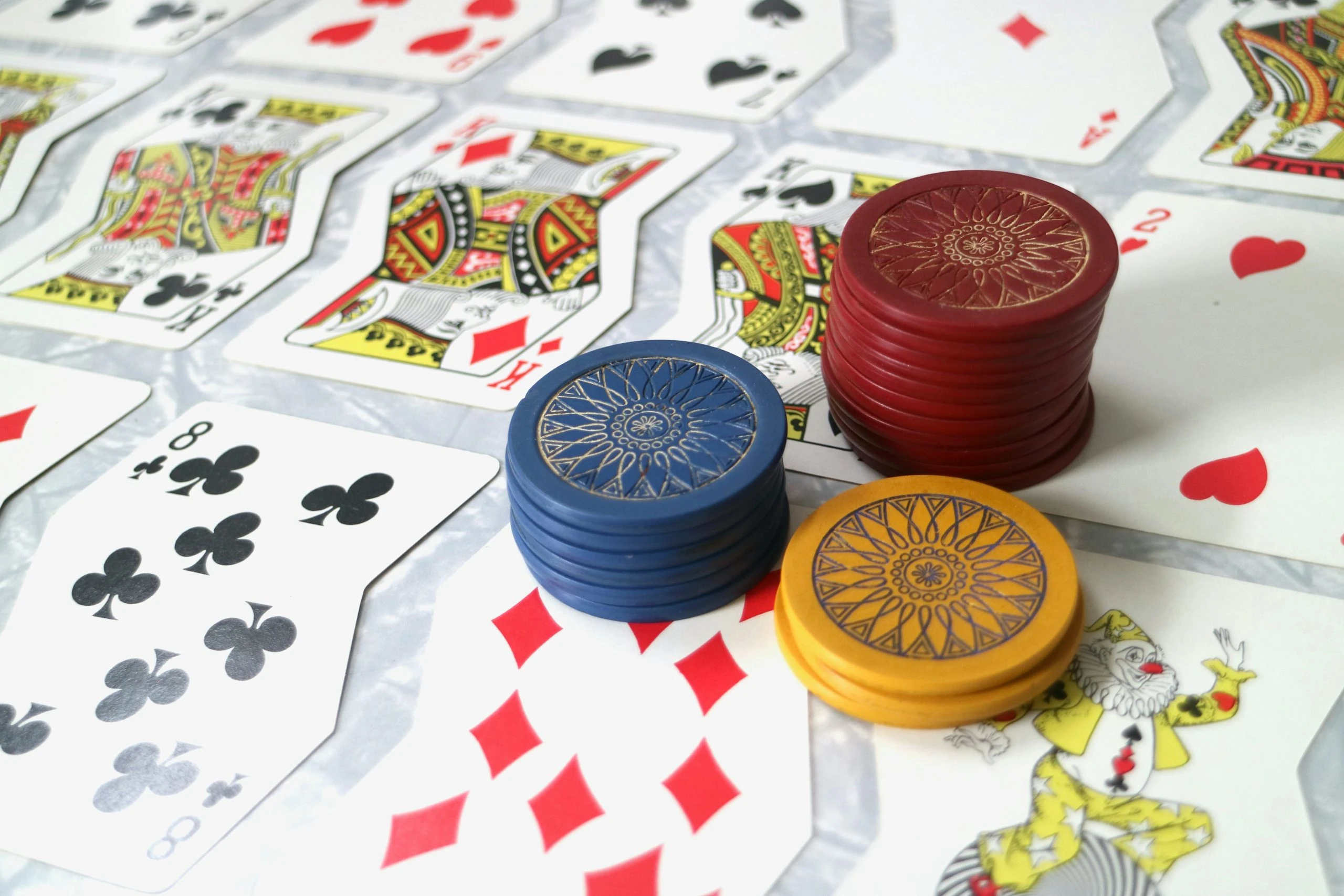An Update Long Awaited
The Draft Act, planning to change the Excise Duty Act and Personal Income Tax Act, under project number UD289, includes several planned fiscal shifts that will apply starting in 2026. While many people talk about higher excise duties on alcohol, the government also has plans to adjust taxes on gambling income. As written, the bill says Article 30(1)(2) of the Act will shift, meaning that the flat-rate income tax on winnings from contests, games, mutual bets, or prizes from promotional sales, if won in an EU or EEA state, goes from 10% to 15% of the amount won or the prize.
People from the Ministry of Finance and Regional Policy, who prepared the draft, explained the reason by noting that no changes have been made to the way winnings get taxed since 2001. During this time, the size of winnings in areas like the media, banking, or food sectors, as well as in games and mutual bets in the gambling market, has grown by a large margin. When this rule applies, anyone in Poland who wins a lottery, enters a promotional contest, or makes a sports bet will have 15% of their winnings taken and sent to the tax authority right away from 2026.
Tax as a Way to Control Use
For alcohol, the draft law states higher excise is meant for health reasons, aiming to make people drink less and limit the harm caused by alcohol misuse. Even though the gambling tax increase is mostly explained as a money matter, it too might be aiming to limit how much people play. Experts watching the industry are saying bigger taxes could make more people join sites with no license that don’t take tax from winnings. In Poland, where Totalizator Sportowy is the only legal choice in some gambling, people may already be at a higher risk of using alternatives outside the approved market.
Organisers Take Responsibility for Tax
Right now, not the players, but the lottery or contest organiser must manage tax. PIT, a finance news outlet, explained, “the organiser of the lottery pays winnings, must reduce the payout by the flat-rate (now at 10%), and transfer tax to the tax office.”

Industry Facing Pressure
The push to raise gambling taxes happens when Poland’s gambling sector is already under stress. During the European Economic Congress in Katowice this year, panel members asked tough questions about Poland’s unique rules for online gambling. In Poland, only a few EU countries still keep a monopoly on online casinos and slots, all managed by the state group Totalizator Sportowy. Sports betting is open to private business, yet casino games are strictly managed by the state. Many point out that keeping this structure is one reason why illegal gambling grows. There is a large issue here: the panel said PLN 230 billion, about $61 billion, has ended up outside the country in tax shelters because of illegal gambling, and the government has missed out on PLN 5.8 billion, close to $1.5 billion, in tax money.
What Comes Next?
The government’s current plan is to send the bill to the Council of Ministers late in 2025, with the new laws active in 2026. The official listed on the draft is Jarosław Neneman, who is Undersecretary of State at the Ministry of Finance. At this point, it is still only a draft. If it succeeds, Poland’s gambling tax rules will see their biggest change since the start of the 2000s. Both those who play and those who organise games will have to adapt to a new set of tax norms.

 Companies
Companies 





